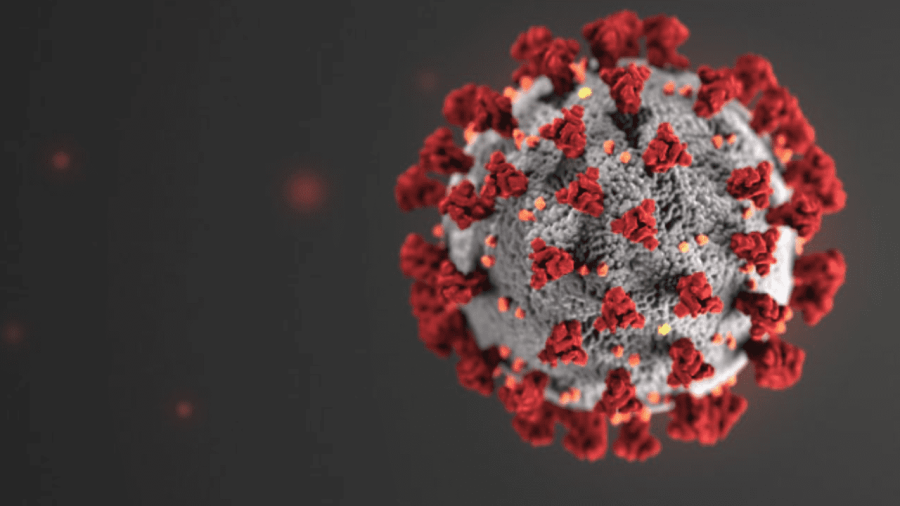In collaboration with the pharmaceutical company Moderna, UC San Diego is seeking to recruit approximately 500 subjects to test a new SARS-CoV-2 mRNA vaccine. The COVID-19 Prevention Network, created by the National Institute of Allergy and Infectious Disease to respond to the pandemic, will enroll participants on an ongoing basis for the next two months. If the large-scale Phase III clinical testing is rendered a success, researchers hope to have an effective vaccine between the end of 2020 and early 2021.
By taking part in this clinical test trial, UCSD, as part of the La Jolla community, is joining many other cities throughout the country in working to find a solution to the pandemic by using Moderna’s test vaccine. In total, the study is looking to recruit 300,000 participants.
According to data from TheNew York Times, COVID-19, which is caused by the SARS-CoV-2 virus, has led to nearly 25,700 confirmed cases and over 500 deaths in San Diego county alone; more than 3,750 cases were reported in just the last seven days. Nationwide, the virus has infected at least 4.1 million people and killed over 147,000 people.
“Our country and the world are facing an unprecedented pandemic that has already killed more than 600,000 people worldwide,” Distinguished Professor of Pediatrics Dr. Stephen Spector said in a UCSD press release. “A vaccine is desperately needed to help control the epidemic. We are excited that UC San Diego will be able to offer the San Diego community the opportunity to participate in a Phase III vaccine trial that, if successful, has the potential to change the course of the epidemic.”
Published on July 14 in the New England Journal of Medicine, Moderna’s small-scale early data indicate promising results: Researchers have discovered that subjects injected with the vaccine gained more neutralizing antibodies than most patients who have recovered from COVID-19. The vaccine elicits the body’s immune response and leads to the development of tailored antibodies that fight off the virus. However, all 15 subjects experienced mild to moderate side effects, including chills, headache, fatigue, muscle pain, and pain at the vaccine injection point.
Participation in this study requires at least a two-year commitment as researchers will vaccinate subjects and then monitor their condition in the coming years. Subjects will be divided into two cohorts, one given the two-shot vaccine while the other given two placebo shots. The injections will be administered 28 days apart. From there, subjects will have regular clinical visits and testing for the next two years: Researchers will observe whether subjects get infected with COVID-19 later on and the outcome of said infection.
The trial is scheduled to begin on Monday, July 27 and will be recruiting people who are 18 years or older who have not been infected by the SARS-CoV-2 infection in the past. It is open to any qualifying applicants, including UCSD students; however, those with the below circumstances will be given preference for the trial:
- Those living in the San Diego area
- Essential workers
- Those living in densely populated residential environments
- Demographic groups disproportionately affected by the virus
- The elderly
- People with underlying health conditions
- African Americans
- Latinx Americans
- Native Americans
The study is not a university program and participation will be on an individual basis. Compensation will be provided to subjects for their time, travel, and inconvenience while they are enrolled. If you would like to apply for enrollment to the COVID-19 vaccine test trial, please refer to the COVID-19 Prevention Network Study site and questionnaire.
Photo courtesy of the Center for Disease Control and Prevention (CDC).















Andreas • Oct 5, 2020 at 2:38 am
Many communities of color are experiencing higher rates of hospitalization related to COVID-19 than are observed in White, non-Hispanic people. It is important that these communities are represented in COVID-19 vaccine clinical trials so that we understand if the vaccine will work well within these groups.